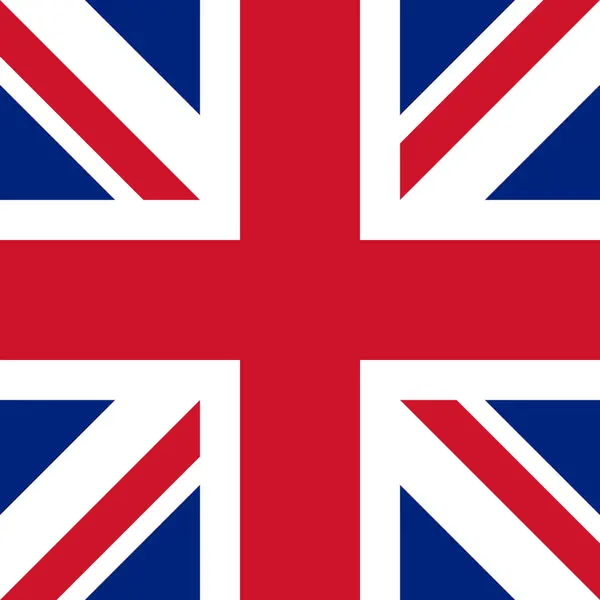- cross-posted to:
- globalnews
- cross-posted to:
- globalnews
The sugar tax has been so successful in improving people’s diets that it should be extended to cakes, biscuits and chocolate, health experts say.
The World Health Organization wants the next UK government to expand coverage of the levy to help tackle tooth decay, obesity, diabetes and other illnesses.
The plea is published in the WHO’s bulletin, which urges governments worldwide to use the reformulation of food to address the growing crisis of excess weight.
Experts from Queen Mary University of London (QMUL) have analysed the outcomes of two flagship government policies intended to make food healthier – the sugar tax and sugar reduction programme, which were introduced in 2018 and 2015 respectively.
The levy on the soft-drinks industry led to a 34.3% fall in total sugar sales from such products between 2015 and 2020 and many fizzy drinks containing much less.
But the sugar reduction programme only yielded a 3.5% drop over the same period in the amount of sugar used in the manufacture of the everyday foodstuffs it covered, the experts write in their analysis for the WHO.
Dr Kawther Hashem, a co-author and lecturer in public health nutrition at QMUL, said ministers should trial a sugar tax-style levy on treat foods that still have almost as much sugar as they did as 2015 despite firms being asked to cut sugar by 20% before 2020.



The lower amount of sugar in drinks (and possibly food), with it’s positive impact on weight and dental health, seems an odd deciding factor for such an important decision.